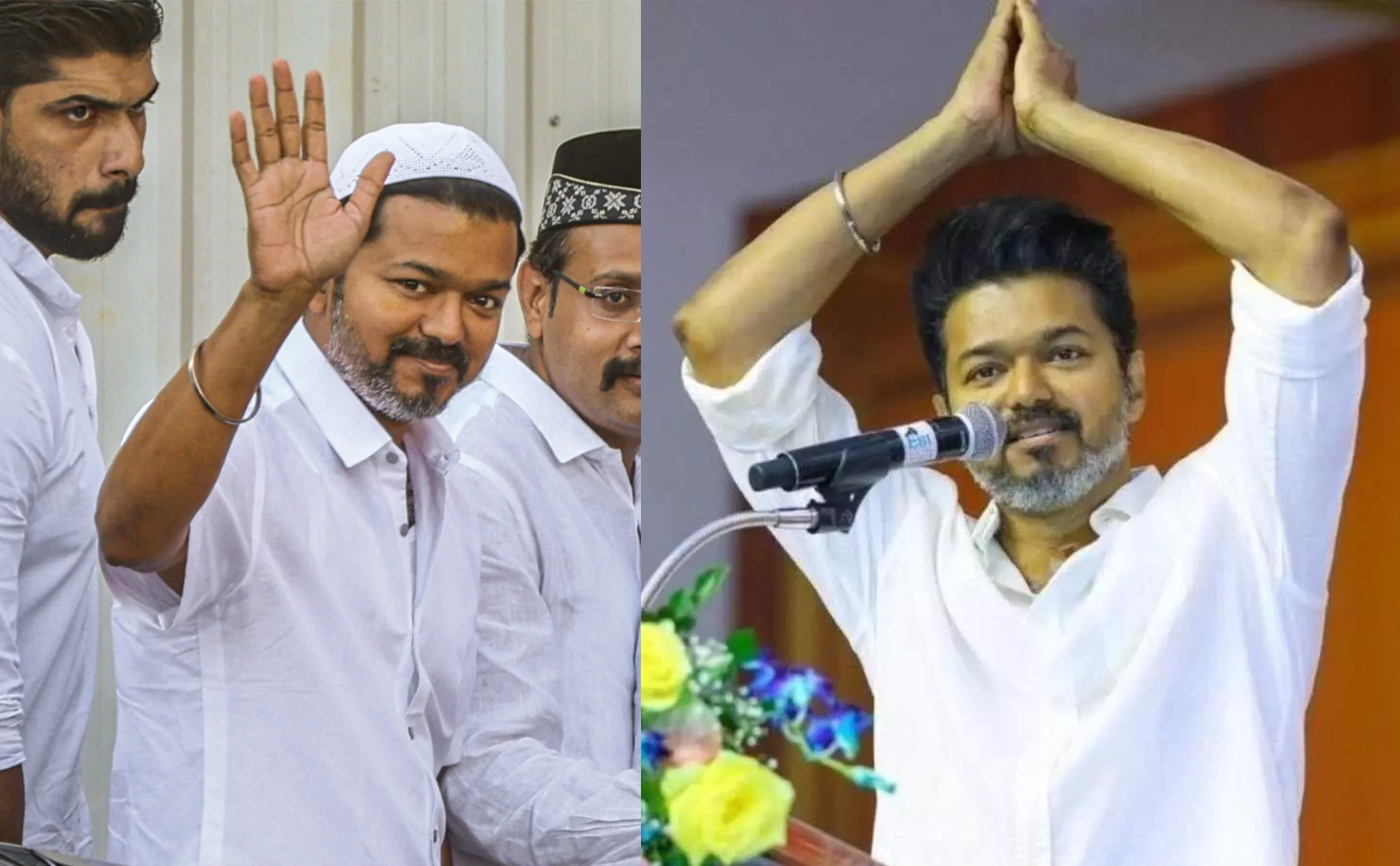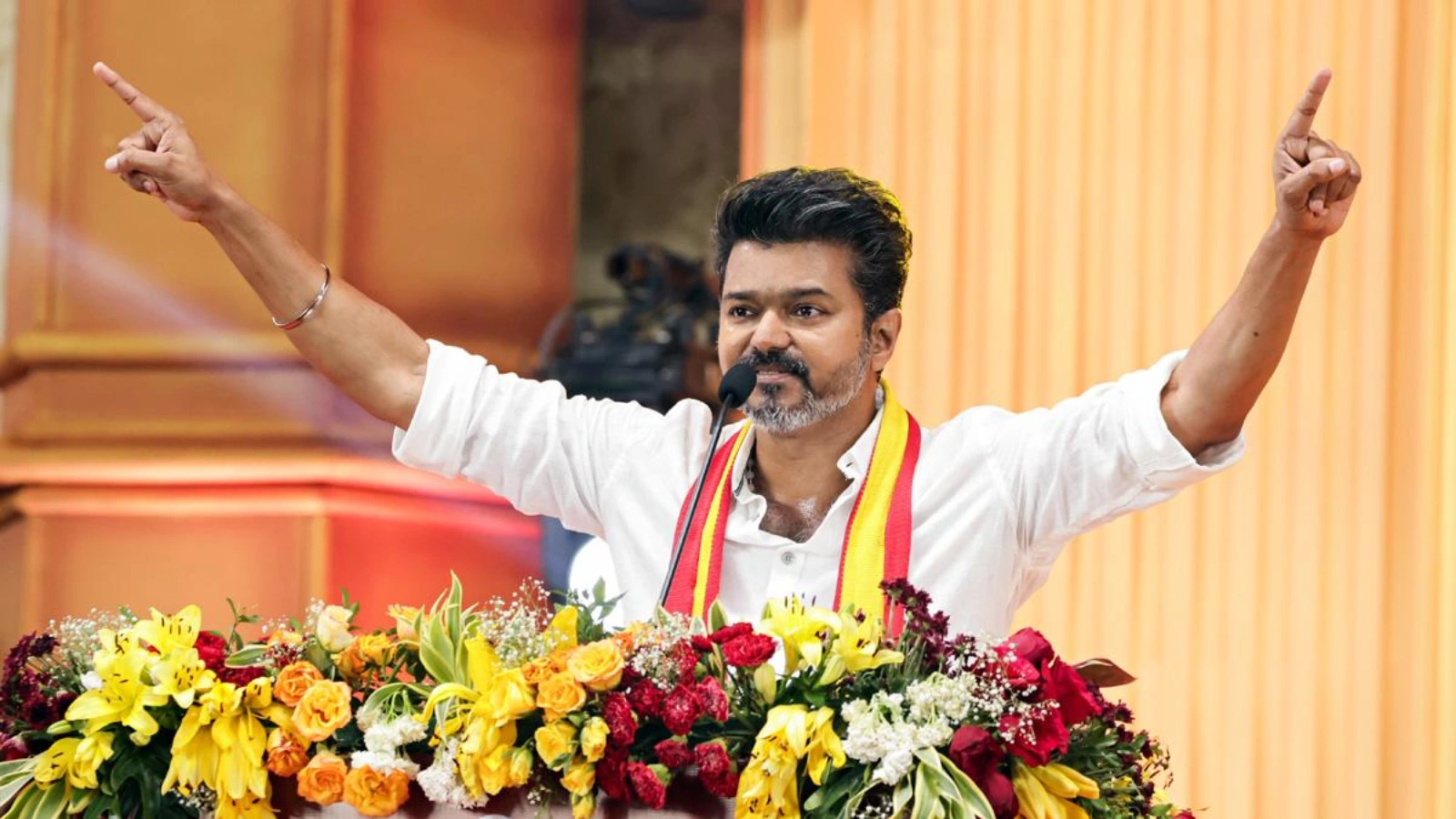In a significant political move, Tamil actor-turned-politician Thalapathy Vijay‘s party, Tamilaga Vettri Kazhagam (TVK), has filed a petition in the Supreme Court challenging the Waqf Amendment Act 2025. This action places TVK among a growing number of political parties and organizations voicing concerns over the legislation’s implications on federalism and minority rights.
Understanding the Waqf Amendment Act 2025
The Waqf Amendment Act 2025, officially known as the United Waqf Management, Empowerment, Efficiency and Development (UWMEED) Act 1995, was enacted by the Indian Parliament in April 2025. The Act aims to reform the management of waqf properties—Islamic charitable endowments—by introducing measures for transparency, inclusivity, and efficiency.
Key provisions of the Act include:
- Gender Representation: Mandating the inclusion of at least two Muslim women on the Central Waqf Council and State Waqf Boards.
- Sectarian Inclusivity: Ensuring representation from various Muslim sects on State Waqf Boards.
- Central Oversight: Empowering the Central Government to establish rules for waqf registration, auditing, and accounts.
- Appeal Mechanism: Allowing decisions made by Waqf tribunals to be challenged in the High Court within 90 days.
While the government advocates these changes as steps toward modernization and accountability, critics argue that the Act infringes upon religious autonomy and federal principles.
TVK’s Opposition: A Stand for Federalism
TVK’s opposition to the Waqf Amendment Act is rooted in concerns over federalism and the centralization of authority. In a resolution passed during a party meeting, TVK labeled the Act as an “attack on federalism,” asserting that it undermines the autonomy of state governments and religious institutions.
The party’s stance aligns with its broader political ideology, which emphasizes secularism, social justice, and the preservation of state rights. TVK has also opposed other central initiatives, such as the ‘One Nation, One Election‘ proposal and the National Eligibility cum Entrance Test (NEET), citing similar concerns over federal overreach.
Thalapathy Vijay’s Political Vision
Thalapathy Vijay, a prominent figure in Tamil cinema, ventured into politics with the formation of TVK in early 2024. The party aims to contest the 2026 Tamil Nadu Assembly elections, positioning itself as a force for change in the state’s political landscape.
Vijay’s political philosophy draws inspiration from leaders like EVR Periyar and K Kamaraj, focusing on secularism, social justice, and the empowerment of marginalized communities. TVK’s opposition to the Waqf Amendment Act reflects this commitment to protecting minority rights and upholding the federal structure of governance.
Legal Challenges and Nationwide Debate
TVK’s petition adds to a series of legal challenges against the Waqf Amendment Act. Over 70 petitions have been filed in the Supreme Court by various political parties, religious organizations, and individuals. The petitioners argue that the Act imposes arbitrary restrictions, enhances state control over religious endowments, and erodes long-held religious practices intrinsic to Islamic tradition say’s Hindustan Times.
The Supreme Court is scheduled to hear these petitions, including TVK’s, on April 16, 2025. The outcome of these proceedings could have significant implications for the balance of power between the central and state governments, as well as the management of religious institutions in India.

Conclusion
TVK’s challenge to the Waqf Amendment Act 2025 underscores the ongoing debate over federalism, minority rights, and the role of central authority in India’s diverse socio-political landscape. As the Supreme Court deliberates on the constitutionality of the Act, the nation watches closely, recognizing the potential impact on the country’s democratic fabric.
















Leave feedback about this